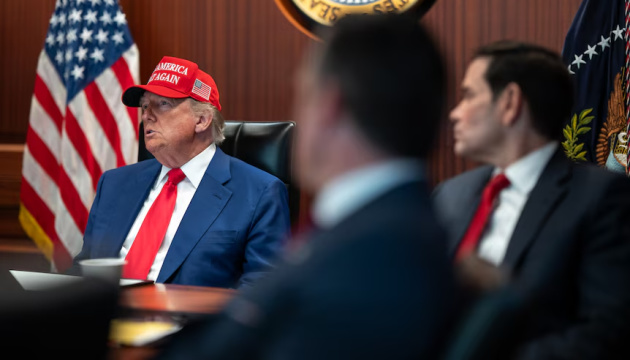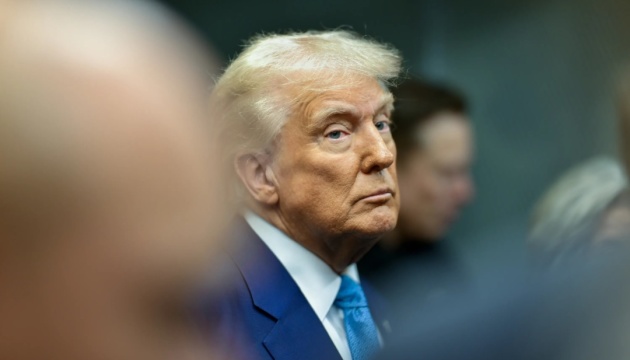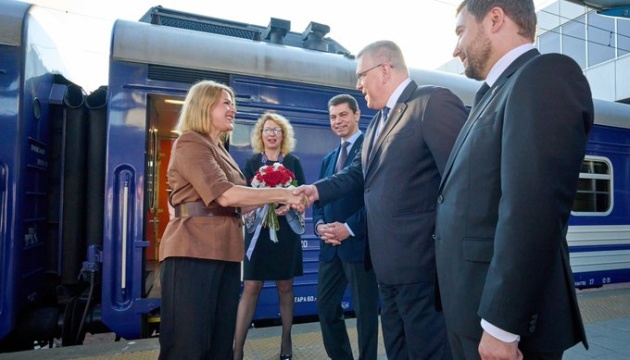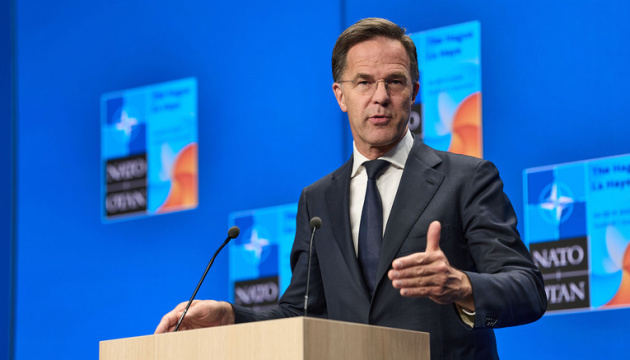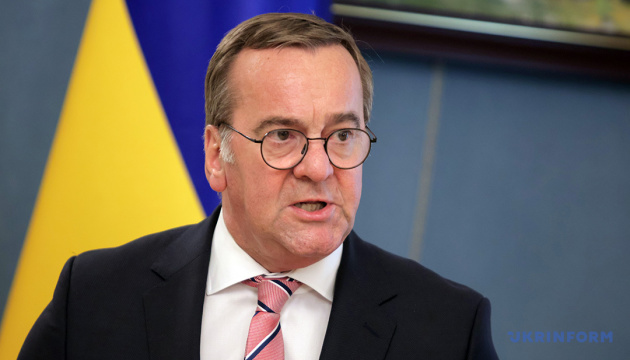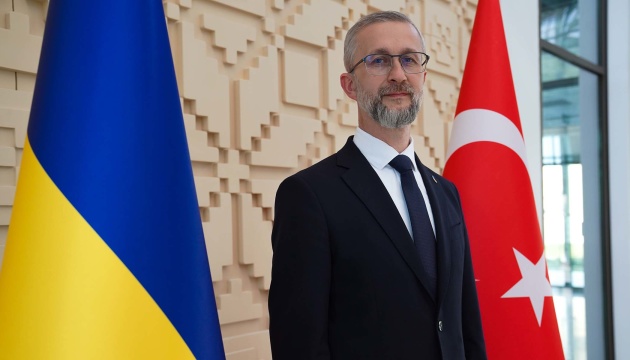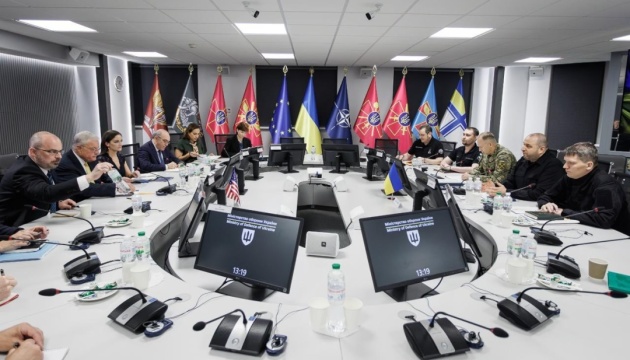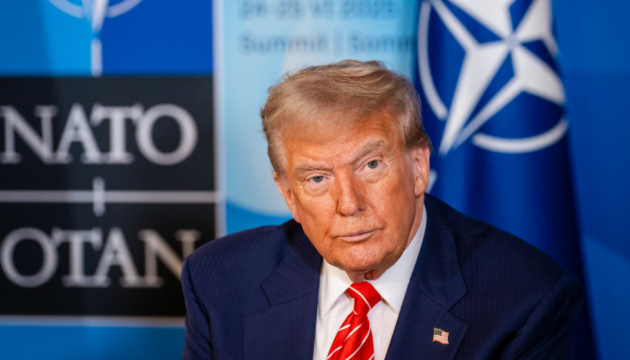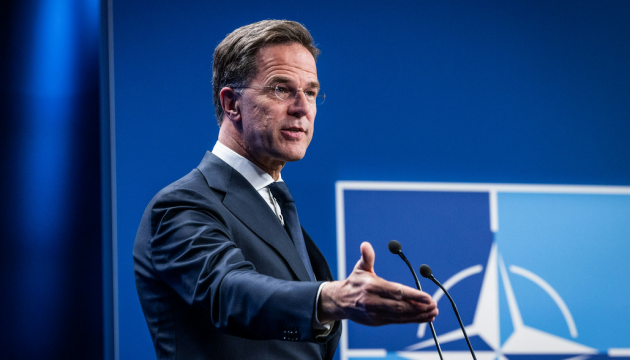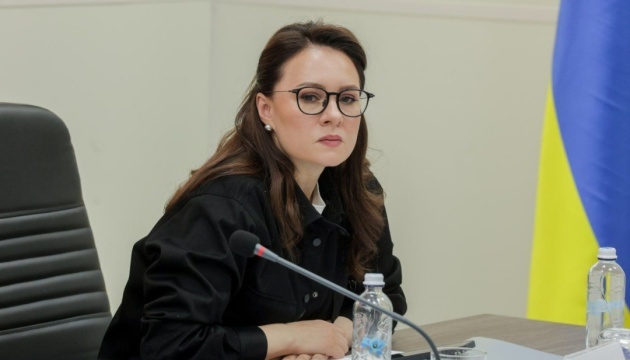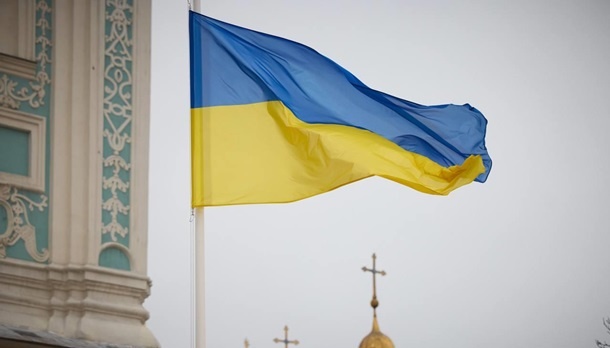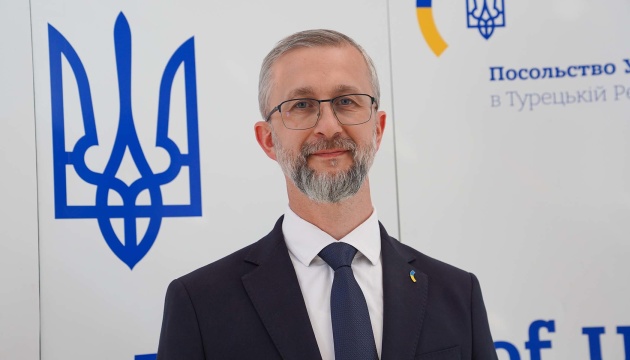EU already working on next Russia sanctions package – Estonia's MFA
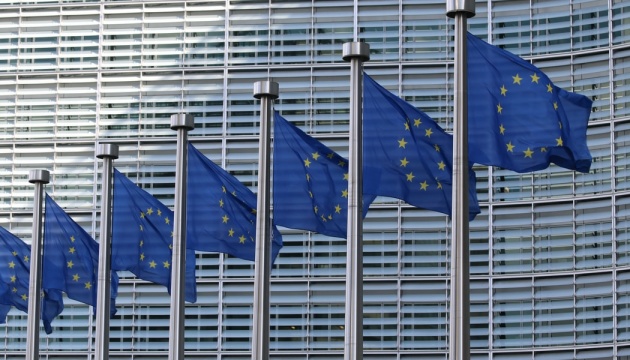

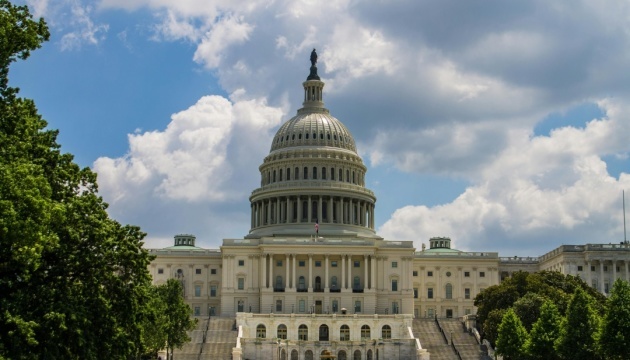
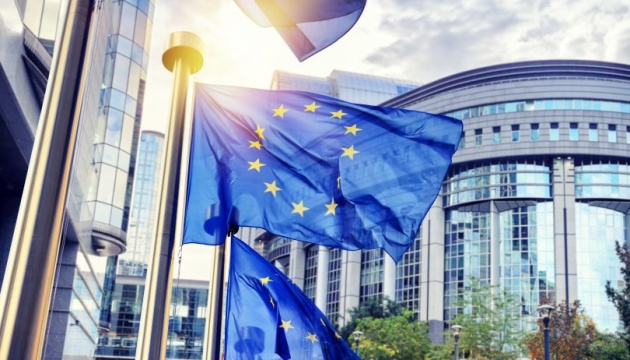
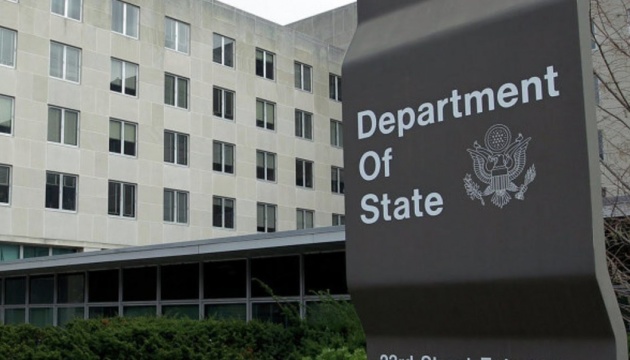
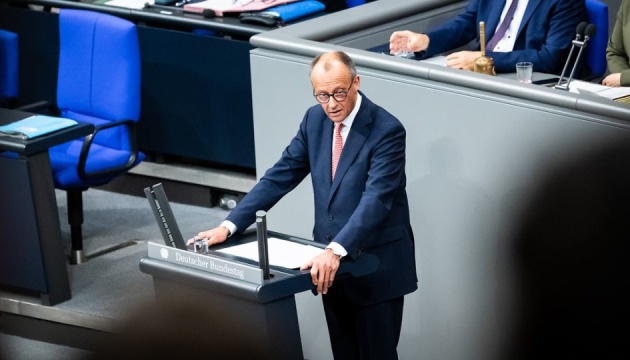
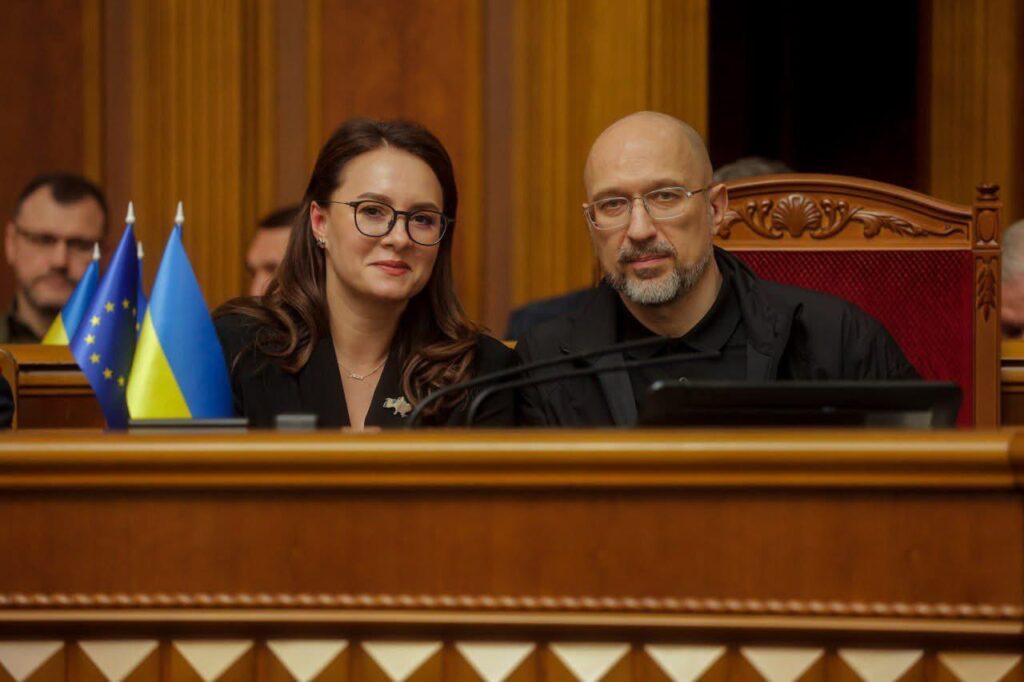
Ukraine’s parliament approved a broad slate of ministerial appointments, finalizing a sweeping Cabinet reshuffle that began earlier in the day with the elevation of Yulia Svyrydenko to the post of Prime Minister. Svyrydenko, who served as deputy to Presidential Chief of Staff Andriy Yermak in 2020–21, is widely viewed by political analysts as closely aligned with him.
While new officials are stepping into top roles, the balance of power remains firmly centralized. With elections suspended under martial law and political life dominated by Russia’s full-scale invasion, Ukraine’s executive branch continues to operate with little political competition. The reshuffle marks an internal realignment of trusted figures—not a shift in direction or control.
Among the most significant changes, former Prime Minister Denys Shmyhal has been appointed Minister of Defense, with support from 267 lawmakers. A trained economist with no prior defense experience, Shmyhal takes over as Ukraine ramps up domestic arms production to meet wartime demands.
President Volodymyr Zelenskyy has instructed him to increase the share of Ukrainian-made weapons used at the front to 50% within six months, up from the current 40%.
In tandem, the Ministry for Strategic Industries, formed in 2020 to oversee defense-related manufacturing, has been dissolved and absorbed by the Defense Ministry. Its former head Herman Smetanin will return to lead Ukroboronprom, Ukraine’s state defense conglomerate.
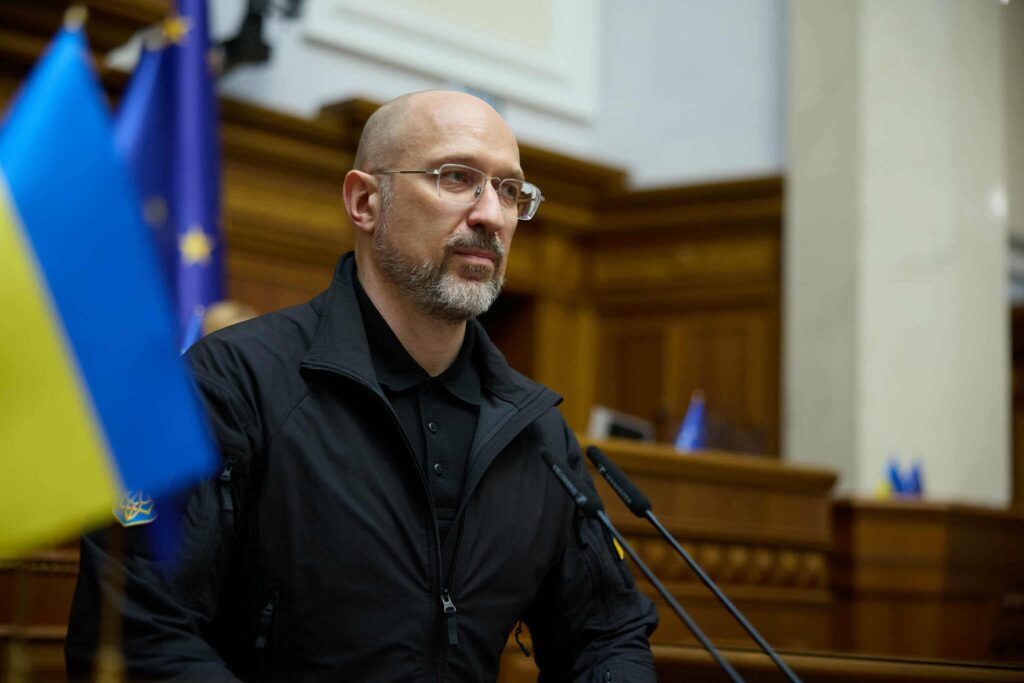
Prime Minister Svyrydenko, previously Ukraine’s economy chief, has consolidated control over the economic bloc. The Ministry of Economy will now absorb the Ministry of Agrarian Policy and the Ministry of Environmental Resources, recreating a short-lived “super ministry” model used in 2019–20.
Oleksiy Sobolev, a former deputy economy minister and head of Prozorro.Sale, now leads the Ministry of Economy. Prozorro.Sale is a state-run electronic auction system used for the transparent sale of public assets, including state property and insolvent bank assets.
The merger, however, has drawn sharp criticism from agriculture groups, who argue the sector is too important to be subordinated. They warn that agriculture generates 15% of GDP, accounts for 60% of foreign currency inflows, and is vital to economic resilience.
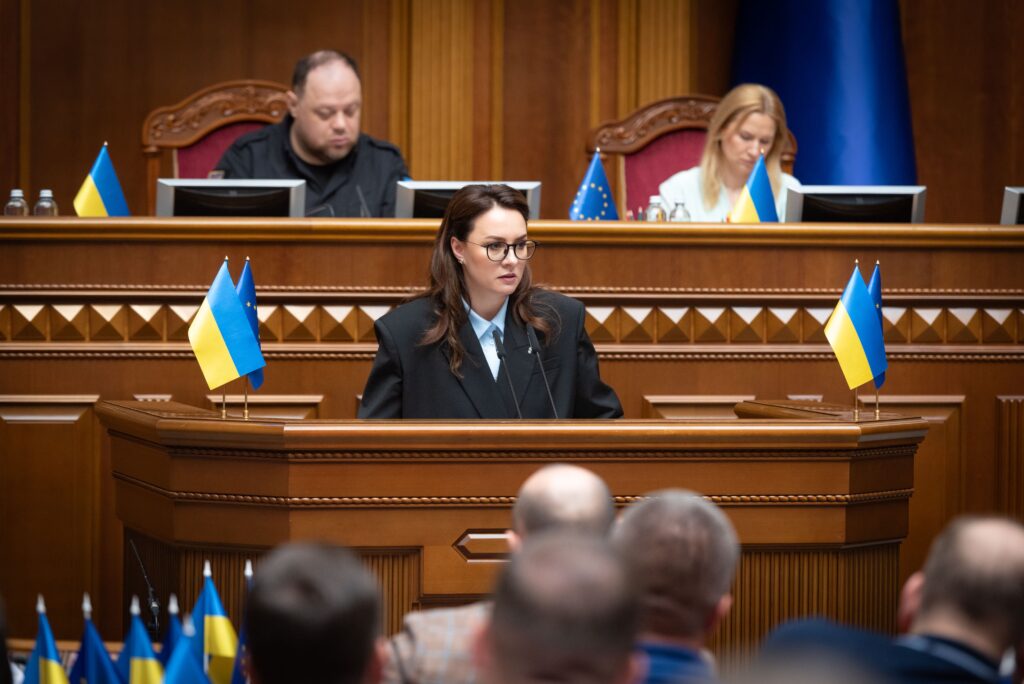
The newly created Ministry of National Unity, which existed for just six months, has been formally dissolved. Its head Oleksiy Chernyshov was recently charged in a high-profile corruption case and released on 120 million UAH bail ($3 million).
The ministry had long faced skepticism due to its vague mission and limited practical output. Its functions are expected to be absorbed by the Ministry of Social Policy or one of its agencies.
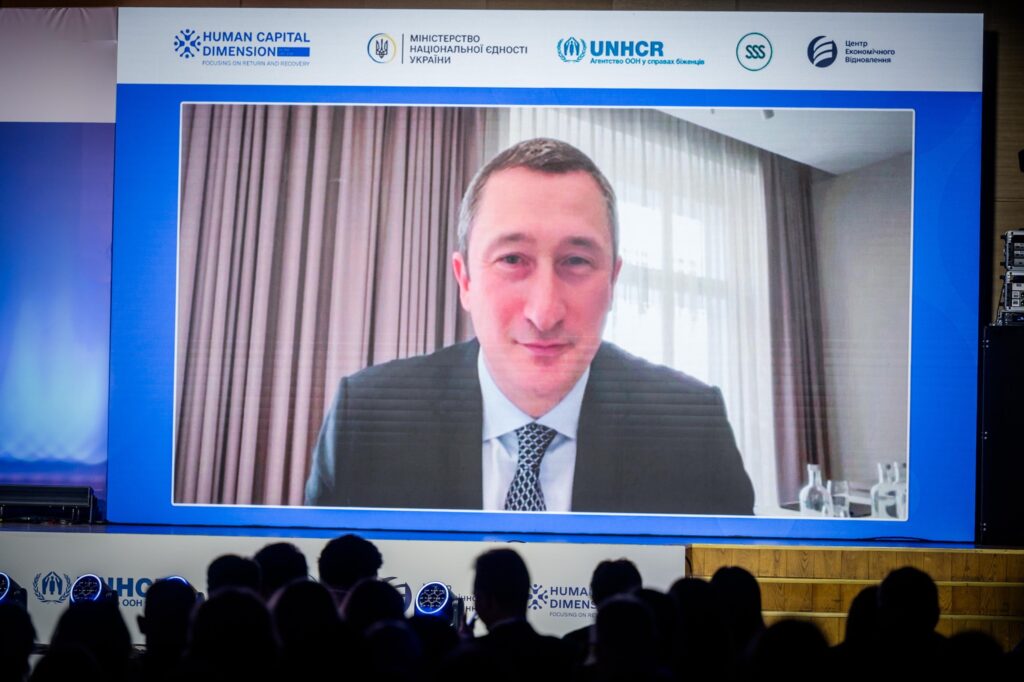
In addition to the Defense and Economy portfolios, parliament approved several other high-level appointments:

Several ministers will remain in their current positions:
The position of Minister of Culture remains unfilled, with deliberations ongoing.
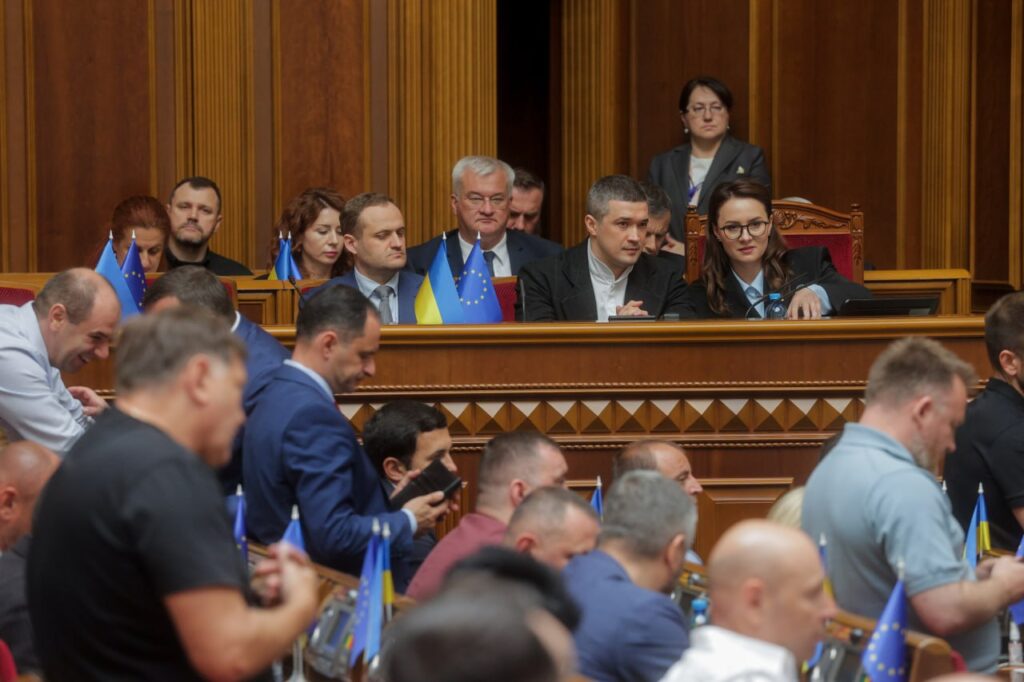
With the restructuring, the Cabinet now includes just 16 members, excluding the unfilled culture portfolio. By comparison, Viktor Yanukovych’s government once included 27 ministers. This makes the current lineup likely the most compact government in Ukraine’s modern history.
Whether this consolidation will improve functionality is unclear. Ukraine has seen multiple cycles of ministry mergers and divisions over the past two decades, with no lasting administrative model. For now, efficiency appears to take priority, as the government adapts its structure to wartime needs.
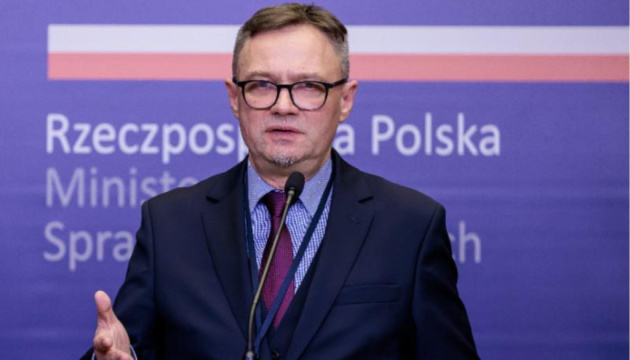
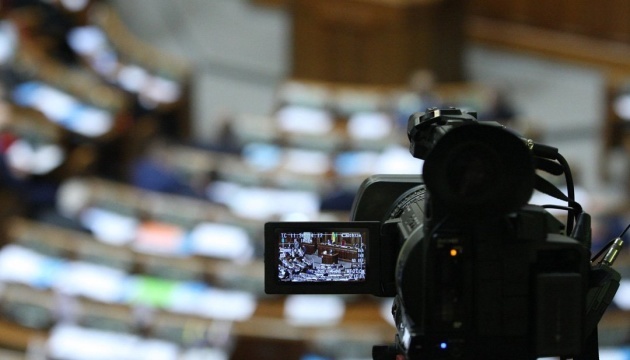
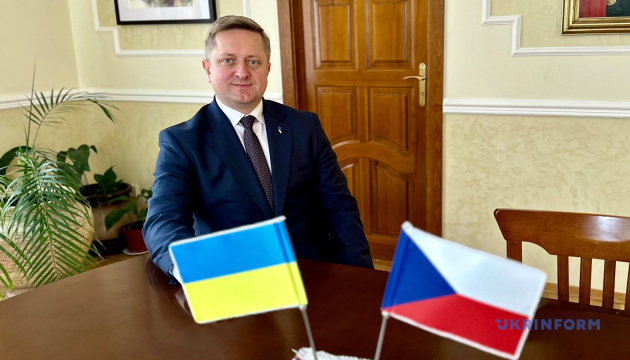
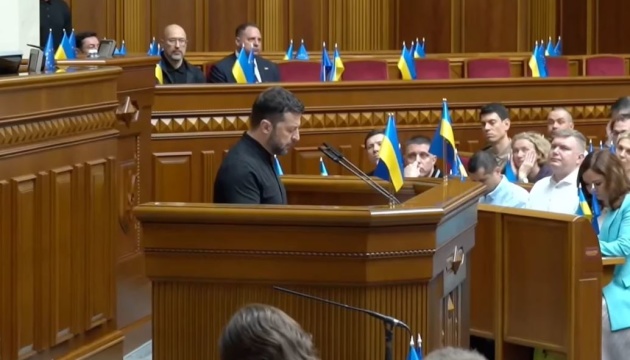
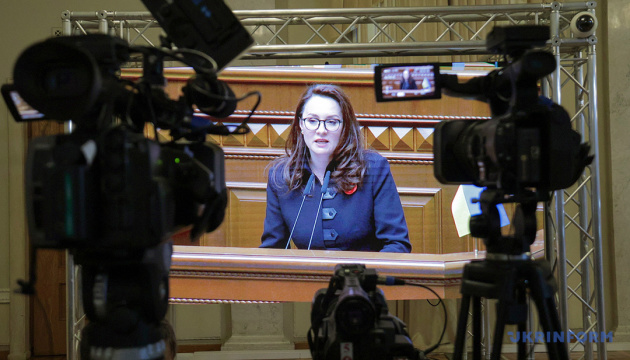
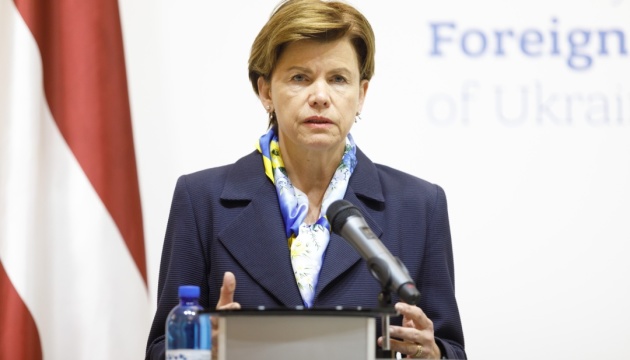

Italy faces internal division over an upcoming performance by Russian conductor Valery Gergiev at a state-backed music festival, with critics arguing the event risks legitimizing Kremlin propaganda while supporters defend artistic freedom.
Now, Gergiev, who has maintained close ties to Vladimir Putin since the early 1990s, is scheduled to perform at the Un’Estate da Re festival at the Royal Palace of Caserta on 27 July, according to reports from The Guardian.
The performance marks his first European appearance since Russia’s full-scale invasion of Ukraine began in February 2022.
He was dismissed from several European concerts, festivals and theaters, including Milan’s La Scala, for refusing to condemn Putin’s actions. His last Italian performance was at La Scala on 23 February 2022, hours before the invasion began.
Italy, however, just broke a continent-wide boycott of pro-Kremlin artists.
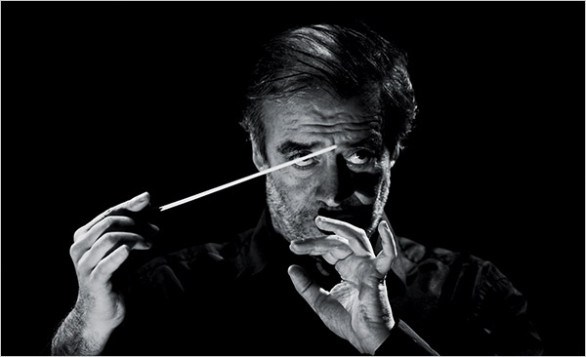
How did this happen? Vincenzo De Luca, president of Italy’s Campania region, invited Gergiev personally. De Luca argues culture “must not be influenced by politics and political logic.”
Opposition to the concert has been led by Yulia Navalnaya, widow of deceased Russian opposition leader Alexei Navalny, who died in Russian prison.
“How is it possible that in the summer of 2025, three years after the start of the conflict in Ukraine, Valery Gergiev, Putin’s accomplice and a person included on the sanctions lists of several countries, was suddenly invited to Italy?” Yulia Navalnaya wrote in La Repubblica on 15 July.
The venue matters too. Gergiev will perform at the Royal Palace of Caserta—a UNESCO World Heritage site and former Bourbon palace. The festival bills his appearance as a summer season highlight.
Ruslan Shaveddinov, longtime Navalny aide, told The Guardian the performance “would serve to normalise Putin’s regime in the eyes of the civilised world.”
He argued that providing a platform for Kremlin figures at prestigious European festivals constitutes “a huge gift to Moscow.”
What’s Italy’s defense? Cultural Minister Gennaro Sangiuliano insists “art must remain free” while simultaneously warning the concert risks “sending the wrong message” amid current tensions.
The concert remains scheduled despite the controversy, with Italian authorities yet to announce any changes to the festival program.

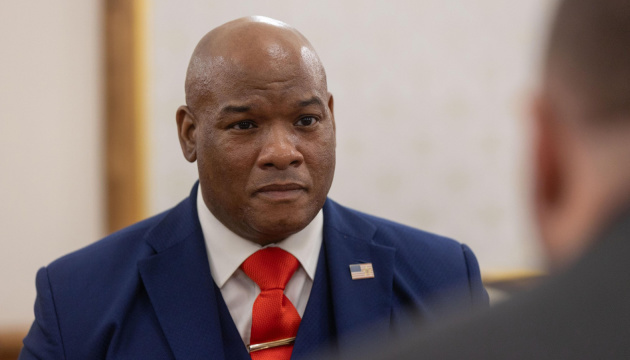
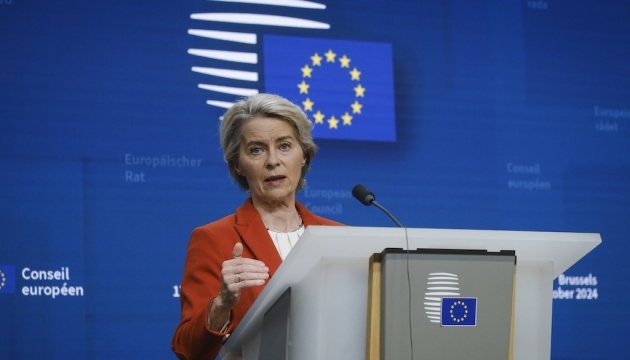
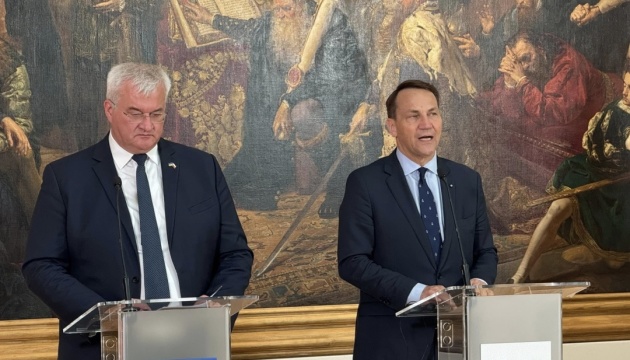


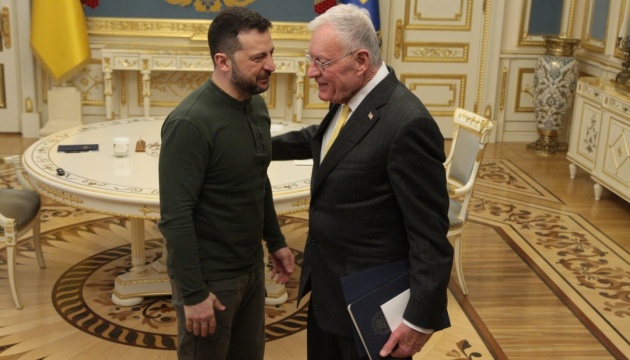
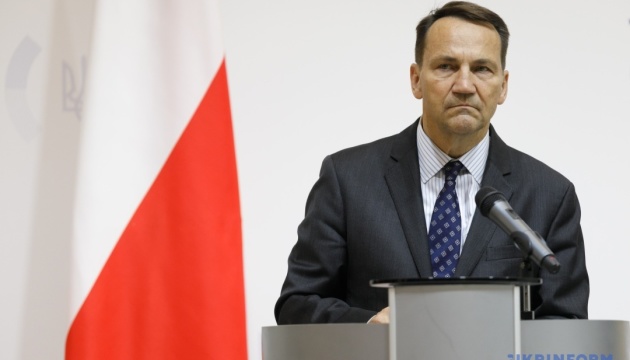
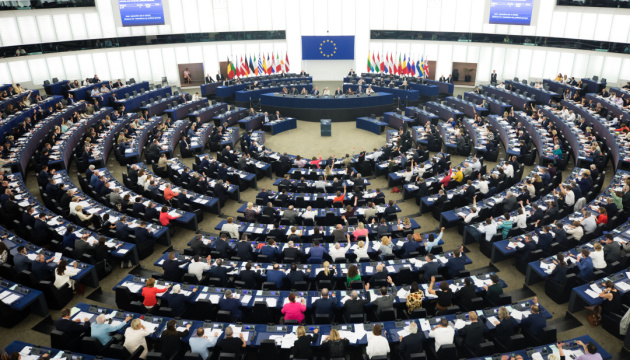
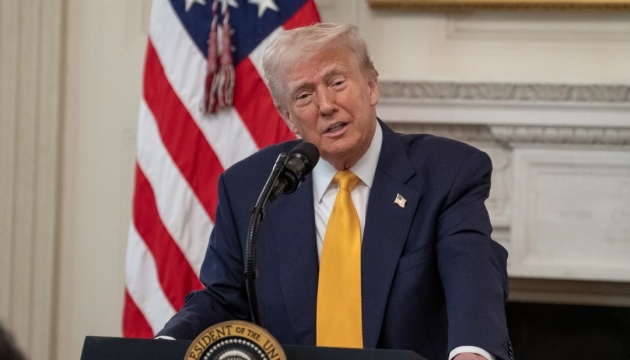
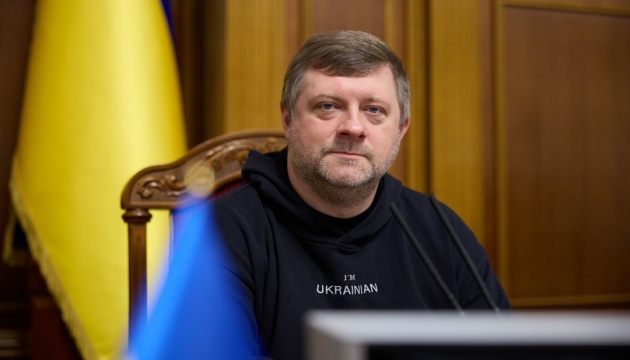
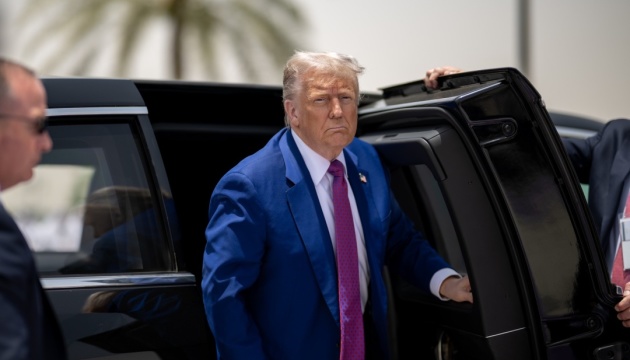
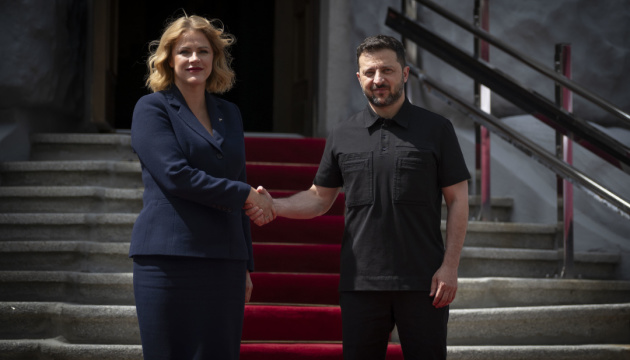
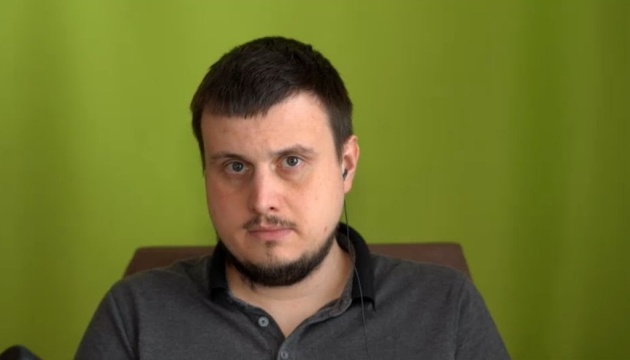
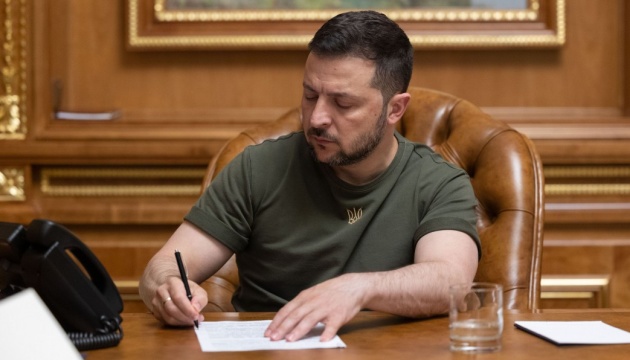

During a recent meeting with Russian Foreign Minister Sergey Lavrov in Beijing, Chinese leader Xi Jinping stated that China and Russia must “deepen their strategic partnership.”
China’s official stance on Russia’s war in Ukraine is one of neutrality and calls for peace, but in practice, Beijing has become Russia’s key strategic partner and main sponsor. While China continues to deny supplying weapons, evidence suggests the supply of weapons components and the presence of Chinese nationals fighting for Russia in Ukraine.
The meeting took place the day after NATO Secretary General Mark Rutte and US President Donald Trump gathered in Washington, where both sides pledged greater support for Ukraine.
On 14 July, the American leader announced the delivery of 17 Patriot air defense systems to Kyiv and a new agreement with NATO under which allies will pay for US weapons for Ukraine. Trump also issued an ultimatum: Russia will face 100% tariffs if it doesn’t end the war within 50 days.
At the meeting with Lavrov, the Chinese president claimed that the two countries must strengthen mutual support and unite Global South nations to form “a more just international order.”
Xi emphasized that the foreign ministries of both countries must implement the agreements reached between him and Russian ruler Vladimir Putin, and enhance cooperation within the Shanghai Cooperation Organization (SCO).
“The SCO has become an influential regional organization that plays a major role in the stability of Eurasia,” the Chinese leader stressed.
The SCO was founded in 2001. Its mission has evolved from counterterrorism to broader economic and political cooperation. The organization currently unites 10 countries and is headquartered in Beijing.
China is Russia’s largest trading partner and has provided Moscow with economic support that has helped it withstand Western sanctions.
Xi and Putin have met dozens of times and signed a “no-limits partnership” in February 2022, less than three weeks before Putin sent troops into Ukraine, according to Ukrainska Pravda.
This year, Putin and Xi signed another agreement to further deepen their comprehensive strategic partnership.
Earlier, Chinese Foreign Minister Wang Yi told a senior EU diplomat that China “cannot accept” a Russian defeat in the war against Ukraine, arguing that such an outcome would allow the US to shift its foreign policy focus toward Beijing.
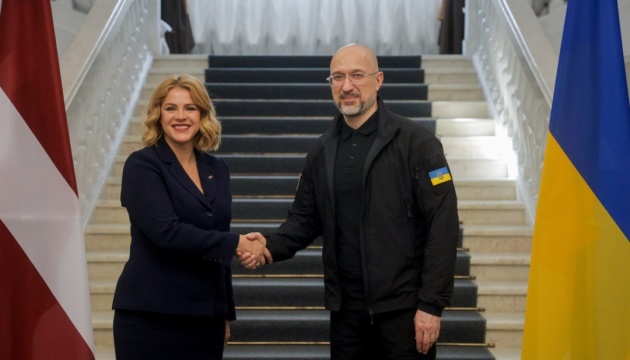
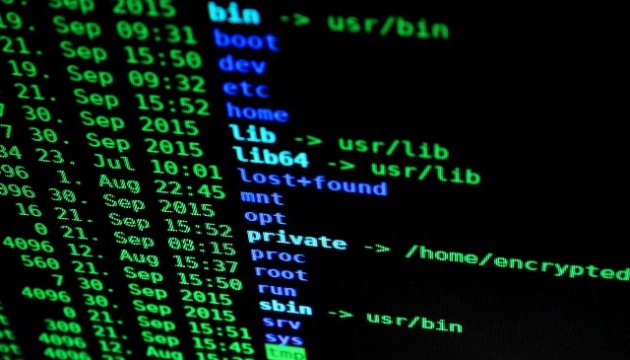
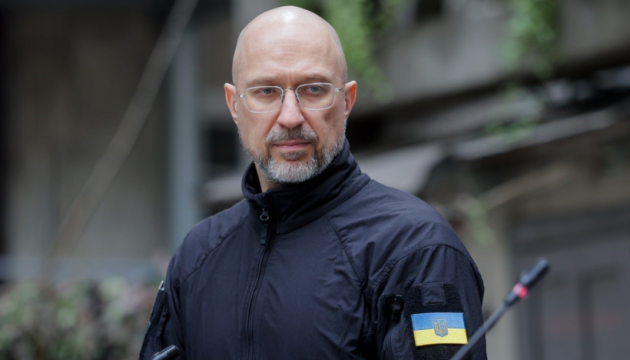

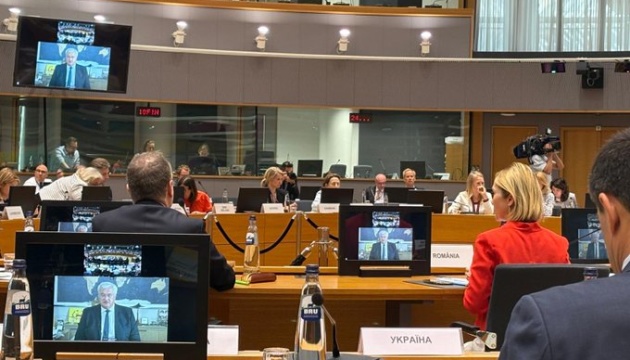
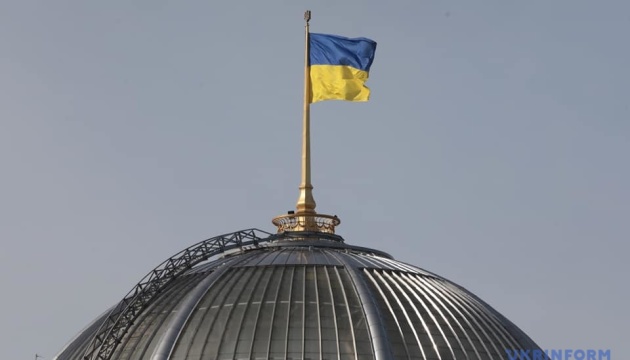
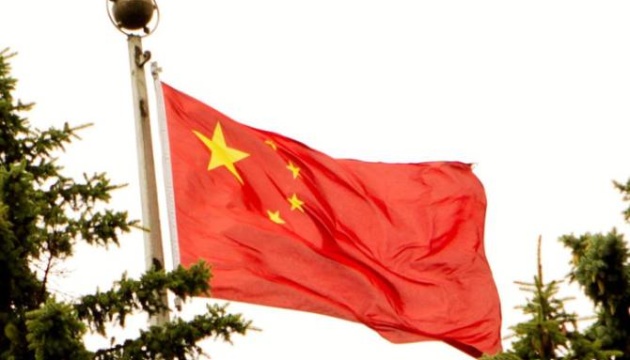
Melania Trump has been reminding her husband of the toll of Russian airstrikes
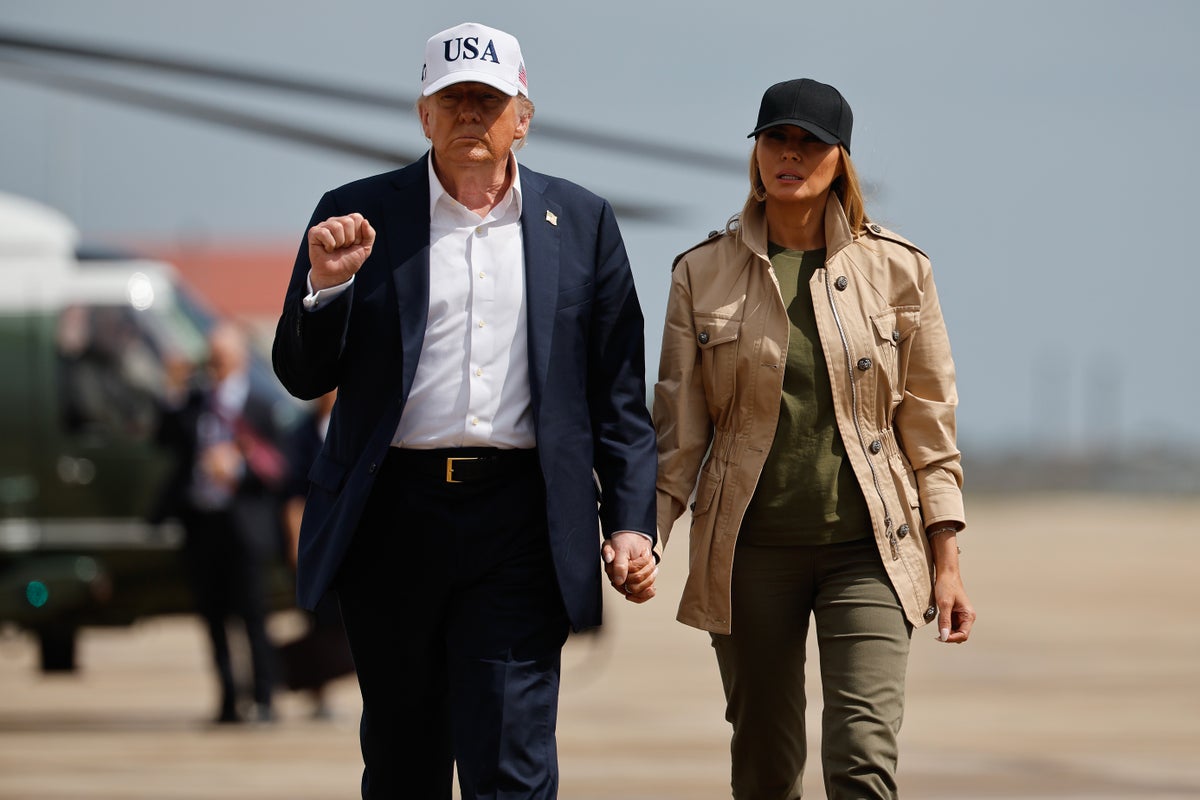
© Chip Somodevilla/Getty Images
